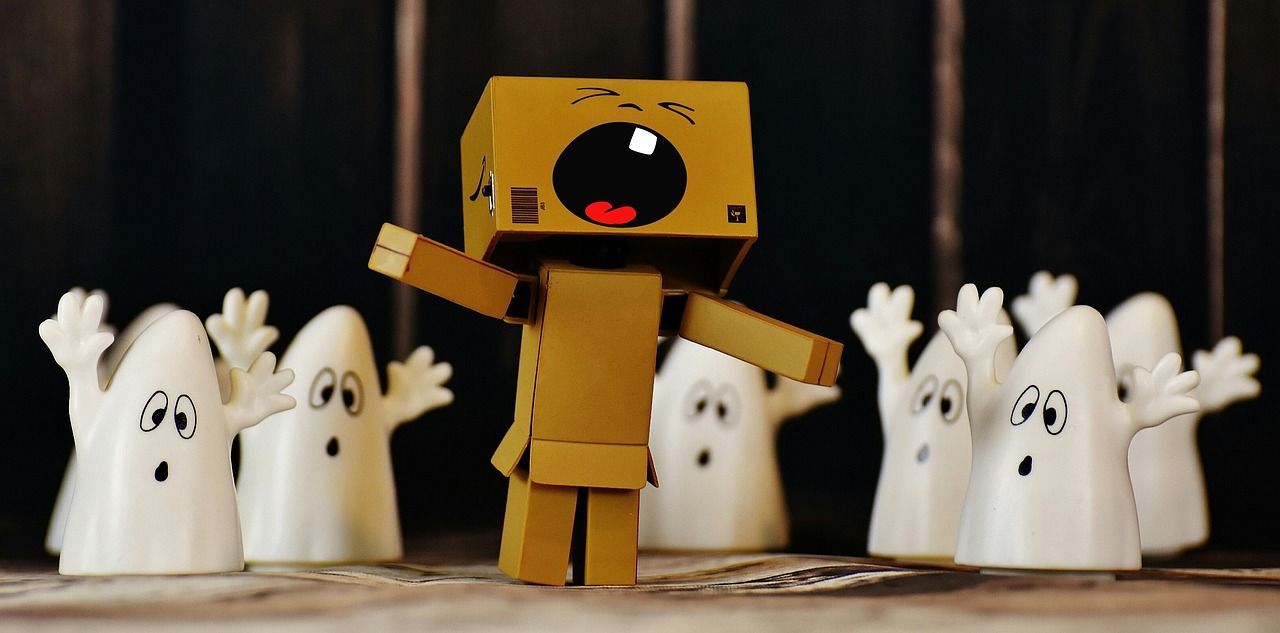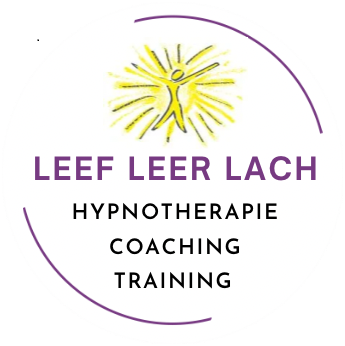Is fear a friend or a foe?

If you have a significant fear, anxiety disorder, or phobia, you probably don’t experience your anxiety as a friend. In such cases, fear has quite a big impact on your life.
Yet, fear is incredibly useful; it acts as a protective mechanism that helps you survive dangerous situations—like a friend.
Imagine you're driving on the motorway, and suddenly a car swerves towards you. Your first reaction is to automatically swerve away, even before you consciously realise you need to react. Then, you might decide to honk your horn, so the other driver notices you and returns to their own lane.
In these kinds of situations, your body reacts immediately, without you having to think about it.
That’s the essence of fear: an automatic response from your body designed to protect you. This response is triggered by a network of brain regions that become active as soon as your brain detects a threat.
When you feel anxious, a lot changes in your body:
- Your heart rate and breathing speed up to supply your muscles with more energy so you can react more quickly.
- Your muscles tense up, which can lead to trembling hands or shaky knees.
- Processes that aren’t immediately necessary, like digestion, slow down. This can cause nausea or a dry mouth.
- You start to sweat to keep your body cool.
- You become extra alert to everything around you and also to what’s happening in your body.
These physical reactions can make you feel nauseous. For someone with emetophobia, this nausea can only intensify the anxiety, creating a self-reinforcing cycle of fear.








